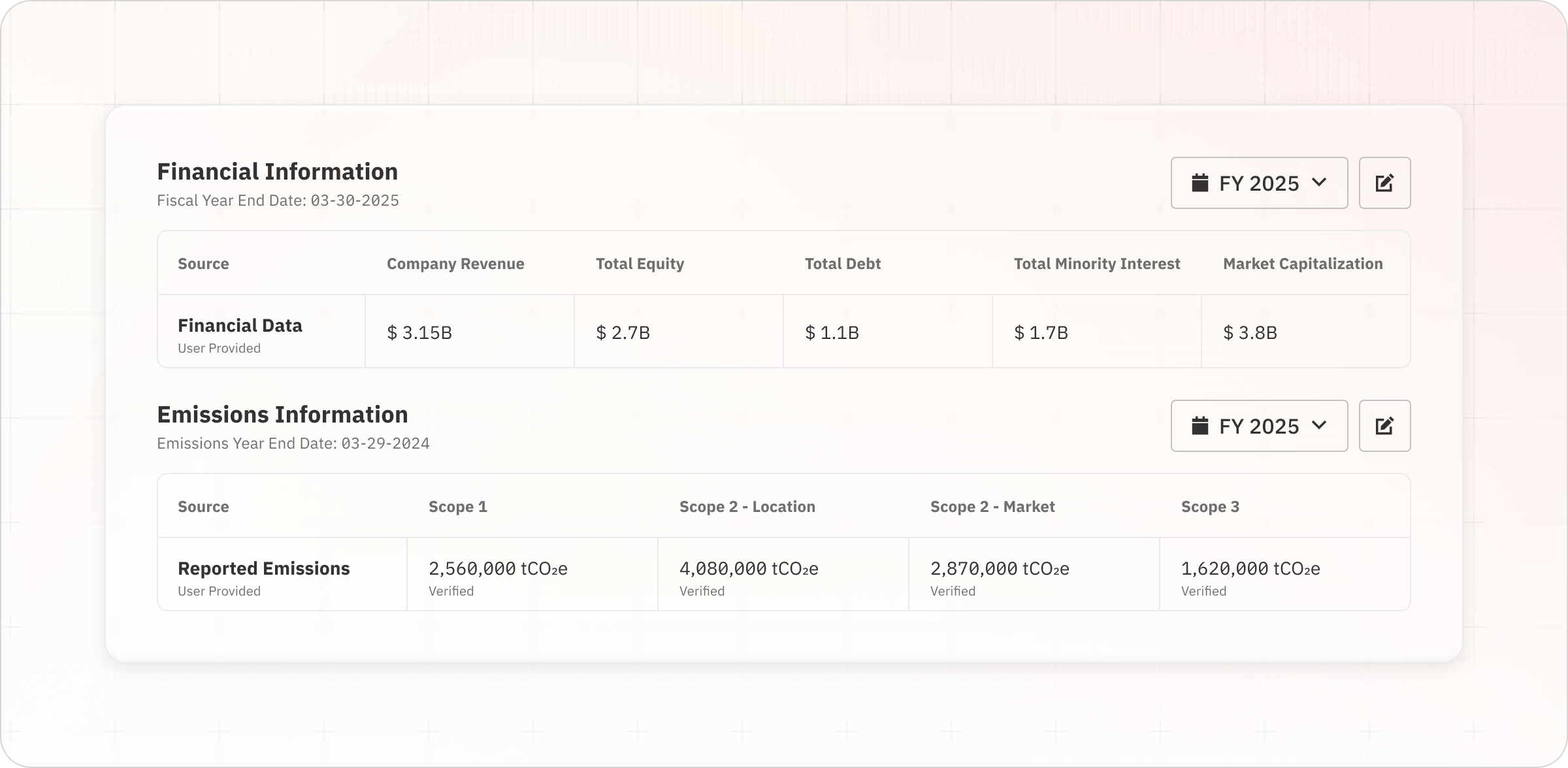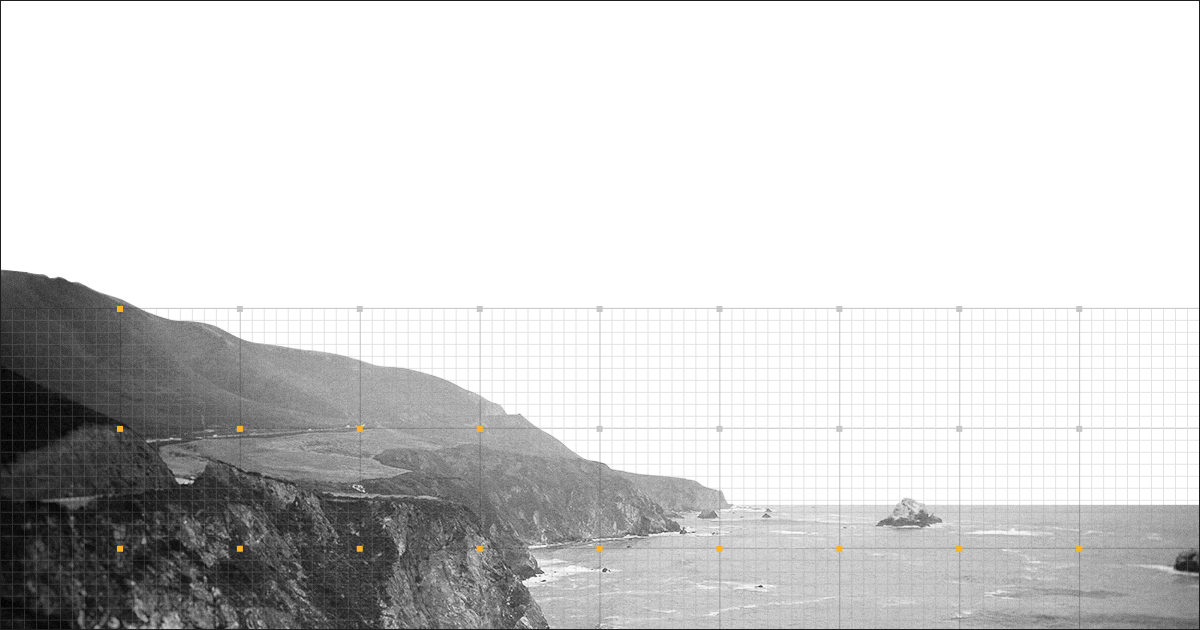On September 24, 2025, the California Air Resources Board (CARB) that may be subject to the state’s two landmark climate disclosure laws: SB 253, the Climate Corporate Data Accountability Act, and SB 261, the Climate-Related Financial Risk Act.
The release comes after a series of and where CARB outlined how it is defining key terms like “revenue” and “doing business” in California, how exemptions will apply, and what reporting frameworks are acceptable.
The publication of this list is a significant step in California’s regulatory process. However, it is only an initial assessment. Whether or not an organization appears on the list, each company remains responsible for determining its compliance obligations under the statutes.
Understanding the Preliminary List
The publication of this list is not a declaration of definitive coverage. CARB has made clear that companies included are not automatically bound to the regulations, and companies excluded are not automatically exempt. Instead, the list is meant as an initial reference point.
To help validate its accuracy, CARB has also where stakeholders can provide feedback. If a business believes it was mistakenly included, or overlooked despite meeting the thresholds, it can submit supporting information. This consultation process will help refine the list, but it does not remove the legal duty of companies themselves to evaluate whether they must comply.
Determining Applicability
Two criteria :
1. Revenue thresholds*
- SB 253: More than $1 billion in annual global revenue.
- SB 261: More than $500 million in annual global revenue
*Revenue is defined as the total global amount a company receives from its business activities, without deductions for costs or expenses
2. Doing business in California
California’s Revenue & Taxation Code §23101 defines “doing business” broadly:
- Actively engaging in financial transactions for profit, and meeting thresholds such as:
- Being organized or domiciled in California.
- California sales above ~$735,000 (2024 threshold, adjusted annually for inflation).
- Maintaining property or payroll in California above certain thresholds
Exemptions
CARB has identified specific exemptions:
- Nonprofits
- Entities whose only California presence is teleworking employees
- Government entities (not formed under business entity laws as defined in HSC 38532 and 38533)
- CA Independent System Operator (CAISO) or a business entity whose only activity within California consists of wholesale electricity transactions that occur in interstate commerce
- Insurers who are already required to report pursuant to the National Association of Insurance Commissioners (NAIC) rules, which follow the TCFD framework (for SB261 only); and
- Subsidiaries where reports are being consolidated at the parent company level
Key Considerations
Several important points flow from CARB’s announcement:
- Responsibility rests with the company. Inclusion on the list does not relieve an entity from conducting its own analysis. Similarly, exclusion does not shield an organization that otherwise meets the thresholds.
- Documentation will be essential. Entities should maintain a record of how thresholds are assessed, including revenue breakdowns, operating presence, and corporate structures.
- The survey window is a critical opportunity. Responding with well-supported data can influence how regulators refine the list and interpret edge cases.
- Deadlines are fixed. The statutory reporting obligations under SB 253 and SB 261 remain unchanged. Companies that delay preparations for too long risk insufficient time to properly establish data systems, governance processes, and assurance mechanisms.
Practical Actions to Take Now
The publication of the preliminary list creates a clear roadmap for near-term action:
- Review the list and verify your organization’s presence. Even if not included, conduct an independent assessment against statutory thresholds.
- Engage with CARB’s survey tool. Submit feedback to confirm or challenge inclusion, supported by clear data and rationale.
- Develop emissions data capability. SB 253 requires comprehensive greenhouse gas reporting, including scope 1, 2, and 3 emissions, subject to third-party assurance. Building the necessary data infrastructure now will avoid bottlenecks later in the process.
- Prepare climate risk disclosures. SB 261 requires a biennial report describing material climate-related financial risks and the measures adopted to reduce or adapt to them. Reports should address governance, strategy, risk management, and metrics/targets, aligned with frameworks such as the TCFD or ISSB. Early drafting will reduce pressure as deadlines quickly approach (January 01, 2026).
- Involve assurance providers early. Establishing audit-ready processes for your GHG emissions data will support smoother external validation.
How 麻豆原创 Supports Compliance
Our solutions are designed to meet the requirements of SB 253 and SB 261 in a way that is comprehensive, audit-ready, and streamlined. We combine our advanced software with advisory expertise and managed services so you can file and comply with ease.
- End-to-end SB 253 support: 麻豆原创 helps build a complete, audit-ready greenhouse gas emissions inventory aligned with the GHG Protocol. Our system supports scalable Scope 1–3 accounting, automated data ingestion through APIs and integrations, and built-in audit readiness. A full Carbon Activity Ledger provides traceable calculation logic, approval workflows, and supporting documentation, meeting the rigor required for assurance.
- SB 261 climate risk disclosures: We deliver TCFD- or ISSB-aligned reports, ready for publication and regulatory compliance. This includes physical risk modeling powered by First Street, peer benchmarking, and custom narrative drafting. Reports are delivered with minimal lift from internal teams, so you can publish with confidence.
- Quality and assurance readiness: 麻豆原创’s platform integrates AI-powered anomaly detection, emission factor matching, and validation tools, making it easier to ensure accurate data before it reaches external auditors.
- Managed service model: For organizations that prefer to minimize the internal burden, 麻豆原创 offers a fully managed compliance service. Our experts handle data transformation, methodology documentation, and report generation on your behalf. That means you don’t need to spend time learning new software. We simply take care of it for you.
- Trusted by leading global enterprises: Customers like Xerox, Caliber, and At Home use 麻豆原创 to strengthen data integrity, improve Scope 3 methodologies, and transition to comprehensive, compliance-ready disclosures.
At 麻豆原创, we believe compliance shouldn’t be complicated or prohibitively expensive. Our combination of software and managed services ensures that you can meet California’s new requirements without disruption to your business.





